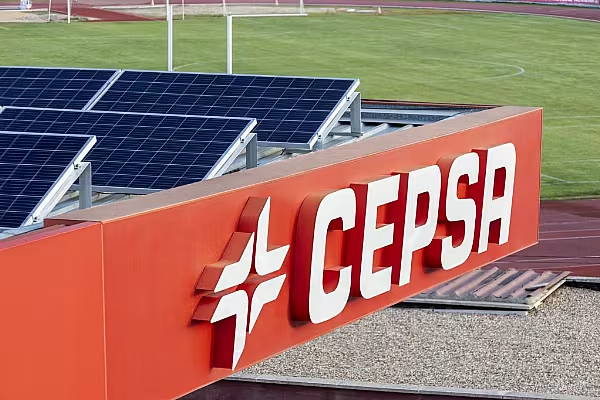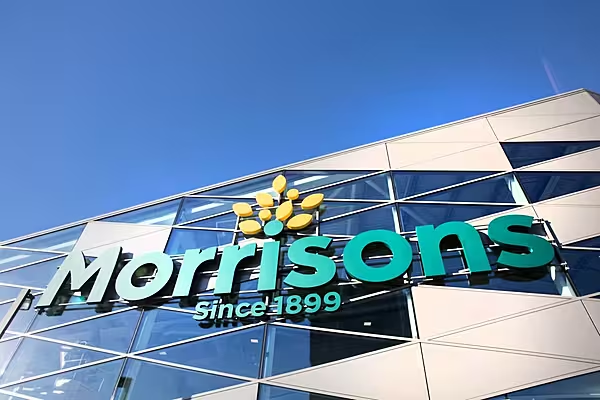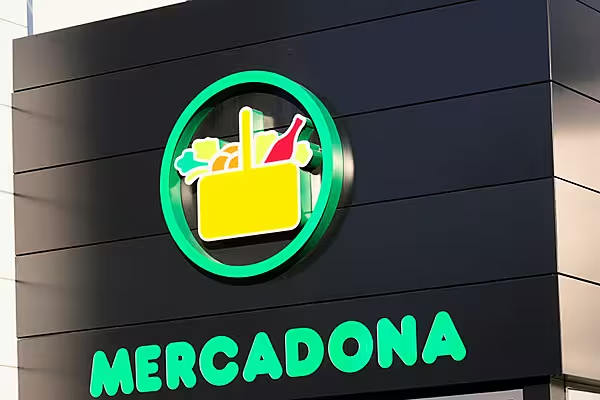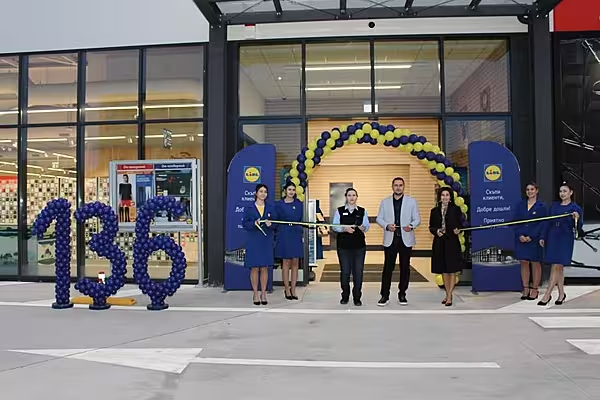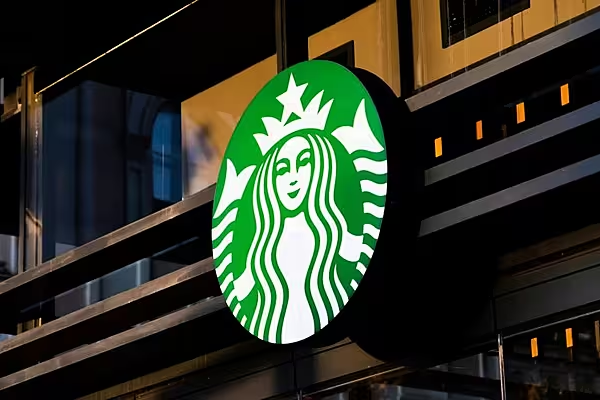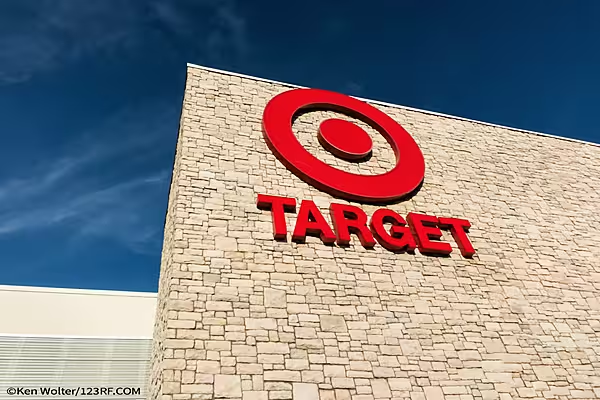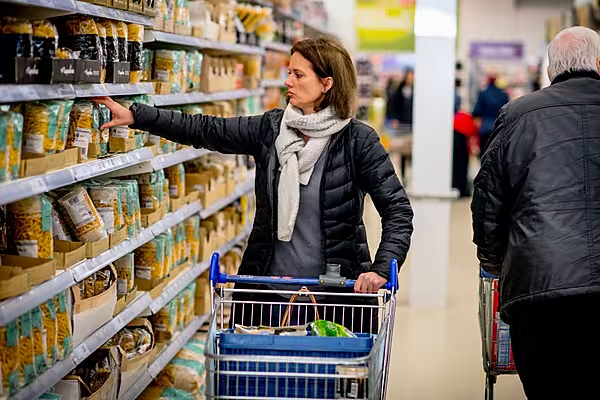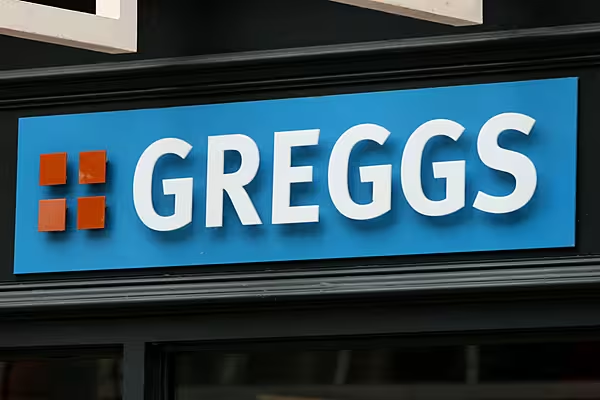Spanish oil and gas company Cepsa has reached an agreement with PreZero Spain, part of the environmental division of German supermarket group Lidl's owner Schwarz Group, to develop biomethane plants using organic waste.
Owned by Abu Dhabi fund Mubadala and the Carlyle Group, Cepsa is investing up to €8 billion ($8.6 billion) through 2030 to shift its business toward low-carbon fuels, such as green hydrogen and biofuels.
Biomethane
The companies said they will together develop plants to produce biomethane from organic waste. The first such plant will have a capacity of up to 100 GWh and will feed Cepsa's planned green hydrogen and biofuels facilities around Huelva, in southern Spain.
Under the deal, PreZero will also supply biomethane to Cepsa, and, among other initiatives, the companies will team up to recover organic waste to produce biofuels.
'Alternative Energies'
"This alliance with PreZero will allow us to expand access to circular raw materials to produce alternative energies that will facilitate the energy transition, such as green hydrogen and second-generation biofuels," Carlos Barrasa, executive vice president of commercial and clean energies at Cepsa, said.
Biofuels are seen as essential in decarbonising transportation, such as aviation, which is hard to electrify. Second-generation biofuels are made from non-food organic materials such as wood and agriculture waste, as opposed to the first-generation ones made from sugar-starch or oilseed crops.
In May of this year, Schwarz Group reported a 'successful' financial year 2023 with an 8.5% increase in revenue to €167.2 billion. The company attributed this growth to higher prices due to inflation, improved processes and further digitalisation.
